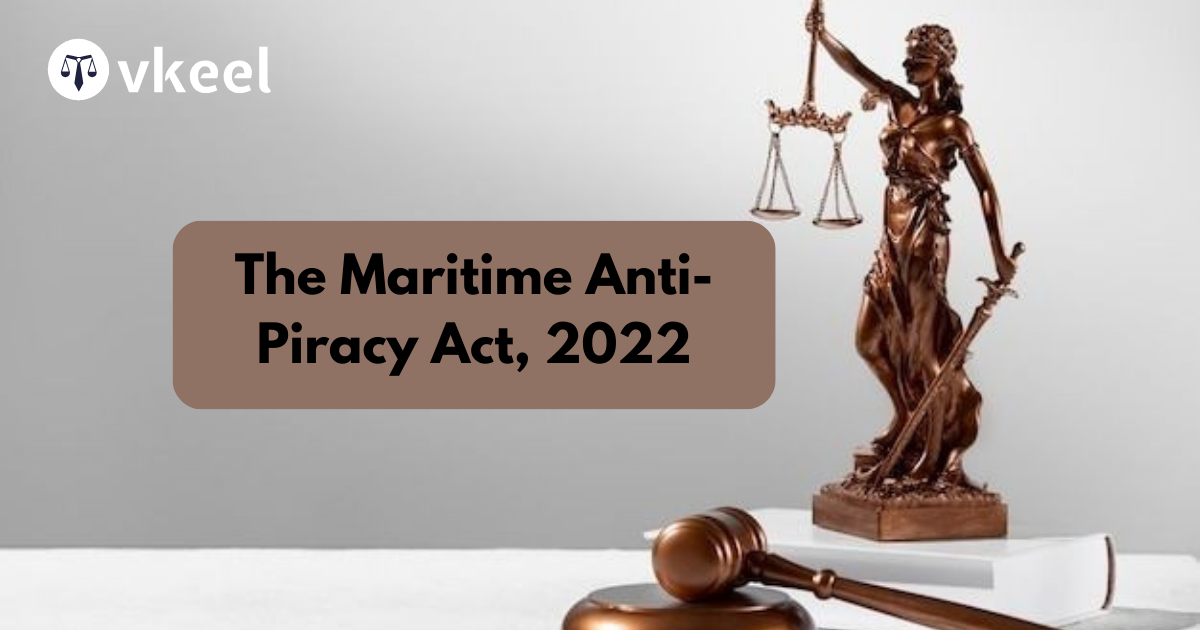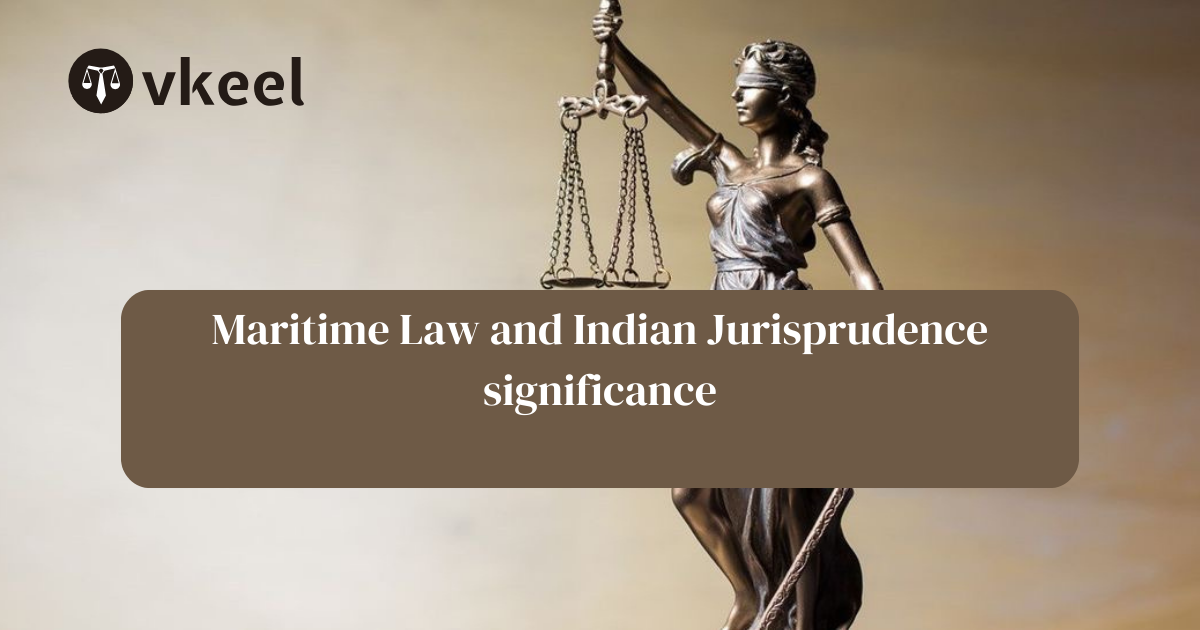Intellectual Property Disputes in the Music Streaming Industry in India
By Himanshu Kumar
Table of Contents
- Introduction
- The Evolution of the Music Streaming Industry in India
- Intellectual Property Rights in the Music Industry
- Types of Intellectual Property Disputes in the Music Streaming Industry
- Key Case Laws Shaping IP Disputes in the Music Streaming Industry
- Amendments and Legal Framework Governing IP in the Music Streaming Industry
- Challenges and the Way Forward
- Conclusion
Introduction
The music industry has undergone a seismic shift in recent years, driven by the rise of digital platforms and music streaming services. These platforms have revolutionized the way people consume music, leading to unprecedented access to vast libraries of songs. However, this convenience has also brought about significant challenges, particularly in the realm of intellectual property (IP) rights. In India, where the music industry is both culturally and economically significant, IP disputes in the music streaming sector have become increasingly common.
The primary reason for intellectual property disputes in the music streaming industry in India stems from the complexities of copyright ownership and the challenges of licensing. In the digital age, multiple stakeholders, including composers, lyricists, performers, and record labels, hold varying rights over a single piece of music. These rights must be properly licensed before streaming platforms can legally distribute the content. However, the fragmented nature of ownership often leads to confusion and conflicts, as different parties may claim rights to the same work. This, combined with the rapid growth of streaming services, has resulted in numerous instances where platforms have either failed to secure proper licenses or have been accused of underpaying royalties, sparking legal battles.
Another key factor driving IP disputes in this sector is the inadequacy of existing legal frameworks to address the nuances of digital content distribution. The traditional copyright laws were not designed for the complexities introduced by streaming technologies, leading to ambiguities in the interpretation and enforcement of rights. Additionally, the lack of transparency in royalty calculations and payments has exacerbated tensions between rights holders and streaming platforms, with artists and composers frequently alleging that they are not being fairly compensated for their work. These issues highlight the need for clearer, more robust regulations and licensing practices that can keep pace with the evolving music industry.
The Evolution of the Music Streaming Industry in India
The music streaming industry in India has witnessed exponential growth over the past decade. With the advent of high-speed internet and affordable smartphones, millions of users have turned to platforms like Spotify, JioSaavn, Gaana, and Apple Music to access music on the go. According to the Indian Music Industry (IMI), the streaming sector now accounts for a significant portion of the revenue generated by the music industry. However, this rapid growth has not been without its challenges, particularly concerning the protection of intellectual property rights.
Intellectual Property Rights in the Music Industry
Intellectual property rights (IPR) in the music industry primarily revolve around copyrights, which are the exclusive rights granted to creators and owners of original works. In India, the Copyright Act, 1957, governs the protection of musical works, including lyrics, compositions, and sound recordings. The Act provides for the rights of authors, composers, and producers, ensuring that they are compensated for the use of their works.
However, the digital nature of music streaming has complicated the enforcement of these rights. The ease with which digital content can be distributed, shared, and consumed has led to a proliferation of copyright infringements. This has resulted in a growing number of disputes between rights holders, streaming platforms, and other stakeholders in the music industry.
Types of Intellectual Property Disputes in the Music Streaming Industry
- Copyright Infringement: The most common type of dispute in the music streaming industry is copyright infringement. This occurs when a streaming platform or user uses a copyrighted work without obtaining the necessary licenses or permissions. In India, several high-profile cases have highlighted the challenges of enforcing copyright in the digital age.
- Royalty Disputes: Another significant issue in the music streaming industry is the dispute over royalty payments. Rights holders, including composers, lyricists, and artists, often accuse streaming platforms of underpaying royalties or failing to pay them altogether. These disputes have led to numerous legal battles, with rights holders seeking fair compensation for the use of their works.
- Moral Rights Violations: The concept of moral rights, which includes the right to attribution and the right to integrity, is also a source of disputes in the music streaming industry. Artists and creators have the right to be credited for their work and to prevent any distortion or mutilation of their creations. Violations of these rights can lead to legal action.
- Licensing Disputes: Licensing is a critical aspect of the music streaming industry, as platforms must obtain licenses from rights holders to legally stream their content. Disputes often arise when there is ambiguity or disagreement over the terms of these licenses, leading to litigation between rights holders and streaming platforms.
Key Case Laws Shaping IP Disputes in the Music Streaming Industry
- Super Cassettes Industries Ltd. v. MySpace Inc. (2011): This landmark case involved Super Cassettes Industries Ltd. (T-Series) suing MySpace for hosting user-generated content that included copyrighted songs owned by T-Series. The Delhi High Court ruled in favor of T-Series, stating that MySpace, as a platform, was liable for the copyright infringement since it did not take adequate measures to prevent the uploading of infringing content. The court emphasized the importance of platforms actively monitoring and taking down infringing content to protect copyright holders.
- Music Broadcast Limited v. Tips Industries Limited (2020): In this case, Music Broadcast Limited (MBL), which operates the radio station Radio City, filed a lawsuit against Tips Industries, a music production company, over the payment of royalties for broadcasting music on its station. The Bombay High Court ruled in favor of Tips Industries, highlighting the need for fair and transparent royalty agreements in the industry. The case underscored the importance of clear contractual terms and the role of courts in ensuring that rights holders are adequately compensated.
- Warner Music Group v. Spotify (2021): Though not an Indian case, the dispute between Warner Music Group and Spotify had significant implications for the Indian music streaming industry. Warner Music Group filed a lawsuit against Spotify for streaming its music in India without the necessary licenses. The case was settled out of court, with Spotify agreeing to pay Warner Music Group for the rights to stream its content. This case highlighted the global nature of IP disputes in the music industry and the importance of securing proper licenses before entering new markets.
Amendments and Legal Framework Governing IP in the Music Streaming Industry
The legal framework governing intellectual property rights in India has evolved to address the challenges posed by the digital age. Key amendments to the Copyright Act, 1957, and other related laws have played a crucial role in shaping the landscape of IP disputes in the music streaming industry.
- Copyright (Amendment) Act, 2012: The 2012 amendment to the Copyright Act was a significant step towards addressing the challenges posed by digital platforms. The amendment introduced provisions for statutory licensing of works for broadcasting and public performance, which has had a direct impact on the music streaming industry. Under this provision, streaming platforms are required to obtain licenses for the use of copyrighted works, and the terms of these licenses are determined by the Copyright Board. This amendment aimed to simplify the licensing process and ensure that rights holders are fairly compensated.
- The Digital Millennium Copyright Act (DMCA) and Its Influence: While the DMCA is a U.S. law, its principles have influenced Indian legislation and the practices of Indian streaming platforms. The DMCA introduced the concept of “safe harbor,” which shields online platforms from liability for copyright infringement, provided they take down infringing content upon receiving a notice from the rights holder. Indian platforms have adopted similar practices, although the extent of their liability remains a contentious issue in Indian courts.
- Performers’ Rights Amendment (2012): The 2012 amendment to the Copyright Act also strengthened performers’ rights, granting them economic rights over their performances. This amendment was particularly relevant for the music industry, as it ensured that performers, including singers and musicians, receive royalties for the use of their performances on streaming platforms. This has led to a surge in royalty disputes, as performers seek to enforce their newly granted rights.
- The Role of the Copyright Board and Intellectual Property Appellate Board (IPAB): The Copyright Board and the IPAB play a crucial role in resolving IP disputes in India. These bodies have the authority to adjudicate disputes related to copyright infringement, royalty payments, and licensing issues. The recent abolition of the IPAB and the transfer of its functions to the High Courts is expected to streamline the dispute resolution process and reduce delays in IP litigation.
Challenges and the Way Forward
Despite the legal framework in place, the music streaming industry in India continues to face significant challenges in protecting intellectual property rights. One of the key issues is the difficulty in enforcing copyright in the digital space, where content can be easily copied, shared, and distributed across multiple platforms. Moreover, the lack of awareness among artists and creators about their rights and the complex nature of licensing agreements often leads to disputes.
Another challenge is the inadequacy of the current legal framework in addressing emerging issues in the digital age. For instance, the rise of artificial intelligence (AI) in music creation and distribution raises new questions about ownership and copyright. Additionally, the growing influence of international streaming platforms in the Indian market has led to conflicts between global and local IP laws.
Conclusion
The music streaming industry in India is at a critical juncture, with intellectual property disputes becoming increasingly prevalent. While the legal framework, including the Copyright Act and its amendments, provides a foundation for protecting IP rights, the rapidly evolving nature of the digital landscape presents new challenges. As the industry continues to grow, it is essential for stakeholders, including rights holders, streaming platforms, and policymakers, to work together to create a fair and transparent system that balances the interests of all parties involved.
Moving forward, there is a need for greater awareness and education about intellectual property rights among artists, creators, and users. Additionally, the legal framework must be continuously updated to keep pace with technological advancements and emerging trends in the music industry. Only through a collaborative and forward-thinking approach can the Indian music streaming industry thrive while respecting and protecting the intellectual property rights of all its contributors.
Disclaimer:
The information provided in the article is for general informational purposes only, and is not intended to constitute legal advice or to be relied upon as a substitute for legal advice. Furthermore, any information contained in the article is not guaranteed to be current, complete or accurate. If you require legal advice or representation, you should contact an attorney or law firm directly. We are not responsible for any damages resulting from any reliance on the content of this website.









